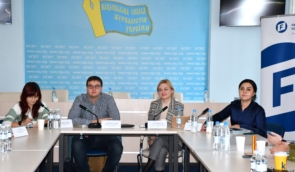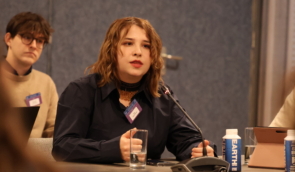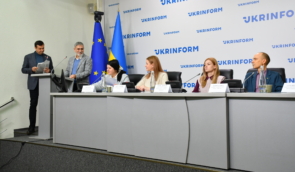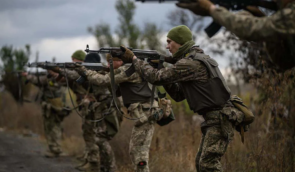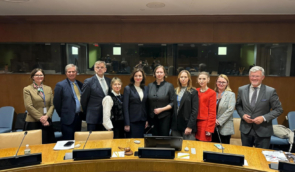How to overcome impunity for torture committed by the occupiers: ZMINA spoke at an event within the framework of the OSCE Warsaw Human Dimension Conference
Freedom from torture and other ill-treatment is an inalienable right under international law, and no exceptional circumstances, whether a state of armed conflict, threat of war or internal political instability, can justify torture. At the same time, in the context of the war in Ukraine, the Russian Federation uses torture and ill-treatment as a systematic and targeted practice.
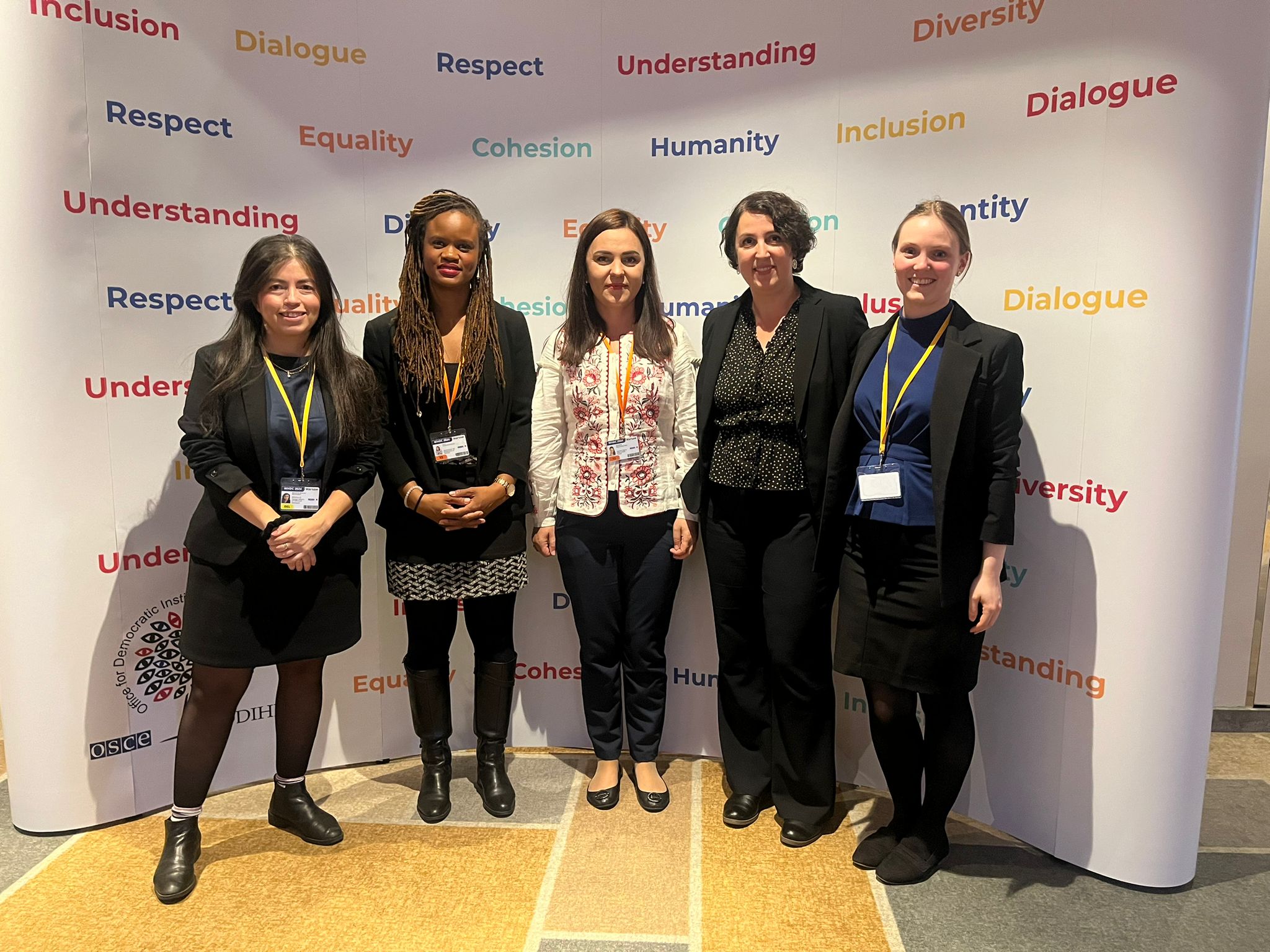
This was discussed during the additional event “Prevention and Counteraction of Torture in Places of Detention: Theory and Practice” within the framework of the Warsaw Human Dimension Conference, organized by the Permanent Missions of Denmark and Switzerland to the OSCE.
Speaking at the event, the Head of the Board of the Human Rights Centre ZMINA, Tetiana Pechonchyk, recalled that the practice of torture and forced disappearances began immediately after Russia began the occupation of Crimea and the hybrid war in Donbas.
In particular, on March 3, 2014, in the centre of Simferopol, representatives of the paramilitary group “Crimean Self-Defense”, acting together with the occupation forces, kidnapped the Crimean Tatar activist Reshat Ametov, who went to a solitary protest against the occupation of Crimea. Later, his body was found with traces of torture, his hands were tied, and the cause of death was a stab wound to the eye. After that, several dozen Ukrainian and Crimean Tatar activists and journalists became victims of enforced disappearances and torture. In April 2024, Volodymyr Rybak, Yurii Popravka, and Yurii Diakovskyi were kidnapped and tortured to death in the Donetsk region.
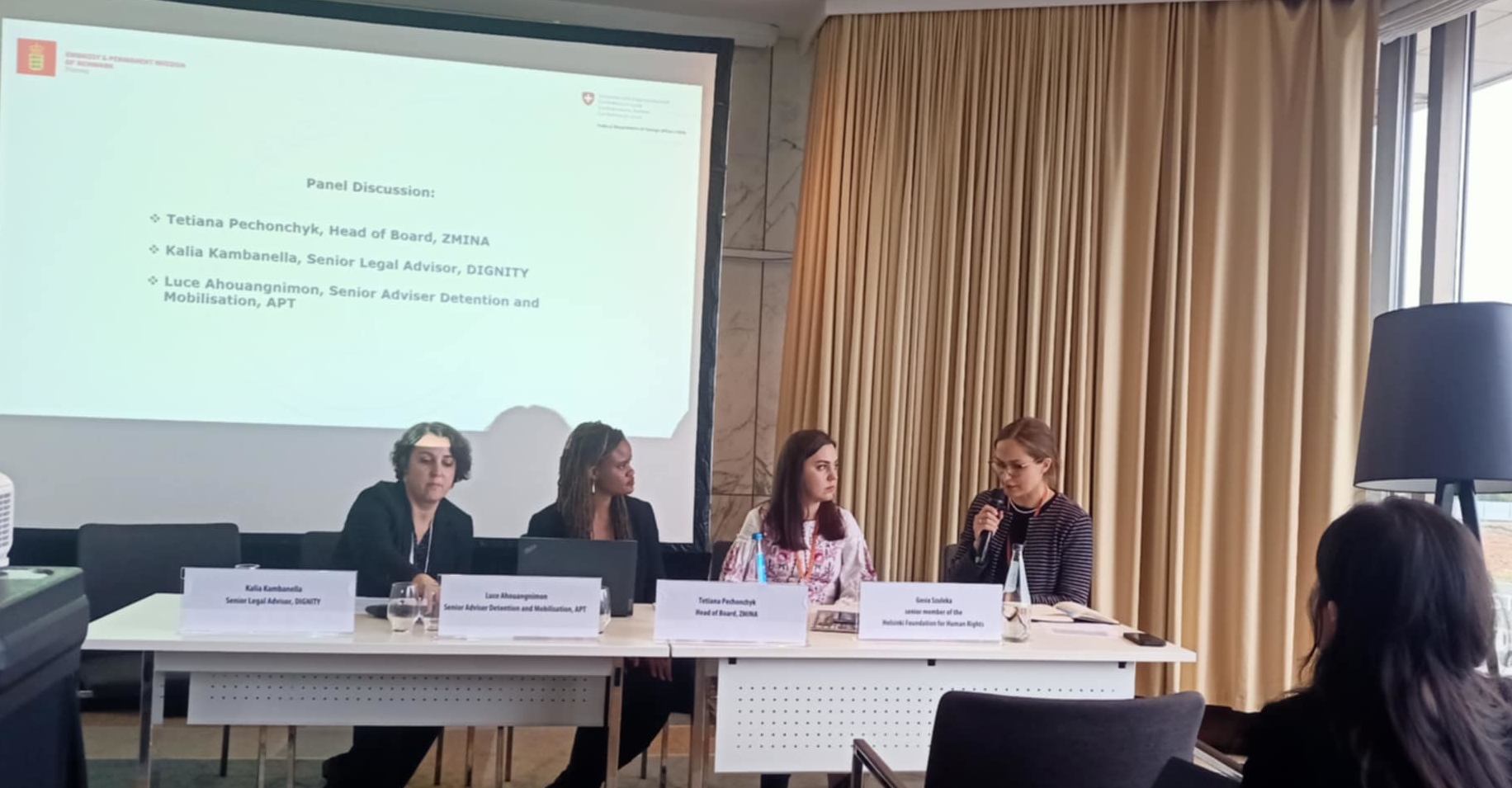
“With each new wave of Russian aggression in Ukraine, the scale of crimes, in particular torture and enforced disappearances, multiplied. Now, in the context of a full-scale war, we can talk about tens of thousands of such cases. Their reason is impunity and the inability of the international community to stop the aggressor and bring the culprits to justice.” – Tetiana Pechonchyk noted.
According to Pechonchyk, the Office of the Prosecutor General of Ukraine identified 2,200 victims of torture, established the identities of 347 suspects in this crime, brought charges against 258 people, and 97 of them were convicted, mostly in absentia.
“However, this is only the tip of the iceberg, because a large number of crimes have occurred and continue to occur in the occupied territories. At the same time, as evidenced by the results of our fieldwork, even in liberated regions there are many people who are afraid to report their experiences of torture to law enforcement agencies, for example, because they have relatives in the occupation and fear revenge or reprisals against them, or because, who do not believe that the identities of their perpetrators will be established and these people will be punished.” – said Tetiana Pechonchyk
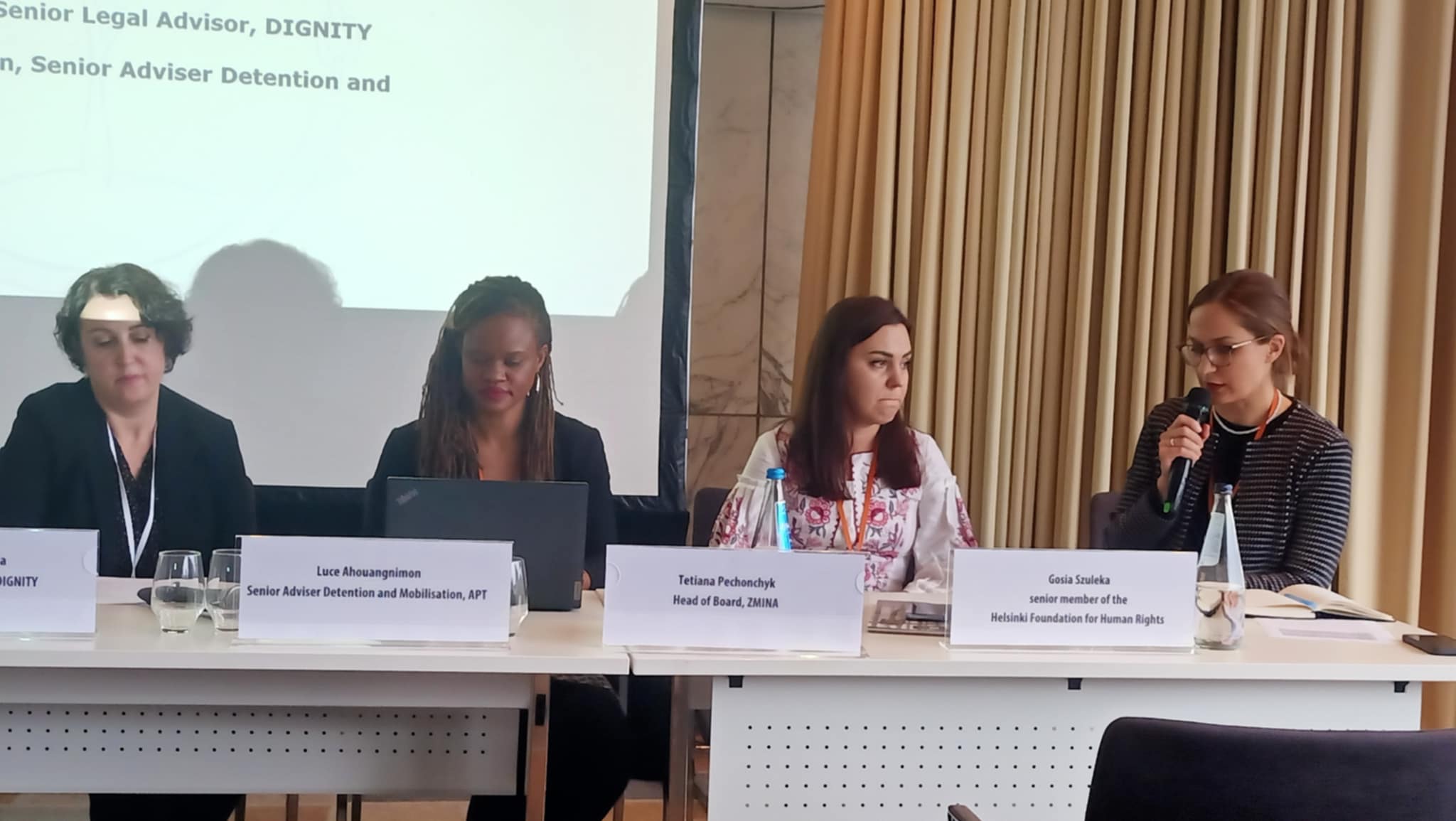
The human rights activist added that the main burden of investigation and prosecution of those guilty of torture and ill-treatment lies with the national mechanisms of justice. However, according to her, the work of the International Criminal Court, which targets high-ranking officials in its investigation, is also important here. Also, according to Pechonchyk, the mechanisms of universal jurisdiction and the possibility of bringing criminals to justice for the most serious international crimes at the national level in other countries should not be underestimated.
She also emphasized the importance of supporting the victims, including them in the Register of Damages and compensation mechanisms.
Also speaking at the event were Terry Hackett – Head of Detainees, Protection Division, International Committee of the Red Cross, Kalia Kambanella – Senior Legal Advisor at DIGNITY, and Luce Ahouangnimon – Senior Advisor on Detention and Mobilization at the Association for the Prevention of Torture (APT ).
If you have found a spelling error, please, notify us by selecting that text and pressing Ctrl+Enter.

